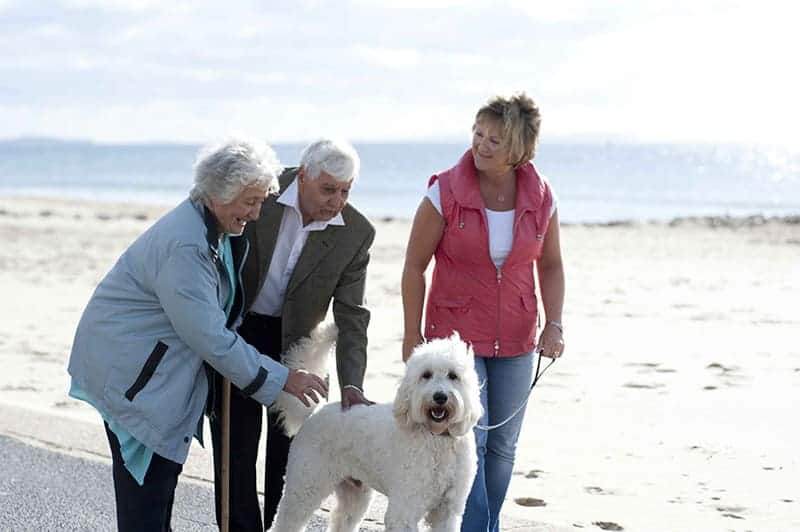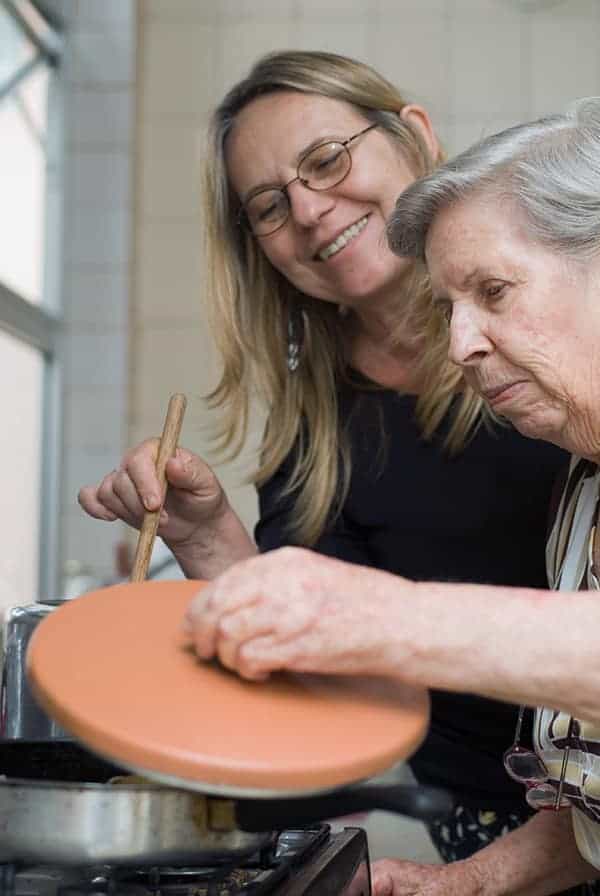Hello and welcome to No Place Like Home.
Nearly three quarters of us* want to stay in our own homes as we get older – and we definitely DON’T want to move into residential care. With shocking news stories commonplace, a staggering 97 percent* of people do not want to go into a care home if they become ill or less able to cope. Yet, in these days of fragmented families and frantic lifestyles, we believe many people think being ‘shipped off’ there may be unavoidable.
This is a tragic misconception. There is another, life-enhancing option: that of live-in care at home. It’s the one most people would plump for, given a choice. It is growing in popularity, but people still do not know enough about it as a viable and affordable alternative.
The aim of this report therefore is to raise awareness of live-in homecare, as well as highlighting concerns facing older people and their families. It provides the most recent
research into issues affecting our ageing population, as well as vital information about this increasingly popular form of care.
Our most recent nationwide research found that 34 per cent of adults of all ages say dementia is the condition they are most scared of experiencing in later life – overtaking cancer as the most feared condition for the 55+ age group. This is not surprising given the total number of people with dementia in the UK is forecast to increase by 38% over the next 15 years. In this report we detail our findings and highlight how live-in carers are trained to cope with dementia and other conditions. We also share evidence that proves one-to-one care in your own home produces a far better quality of life for the vast majority of people at comparable, often at less, cost.



























